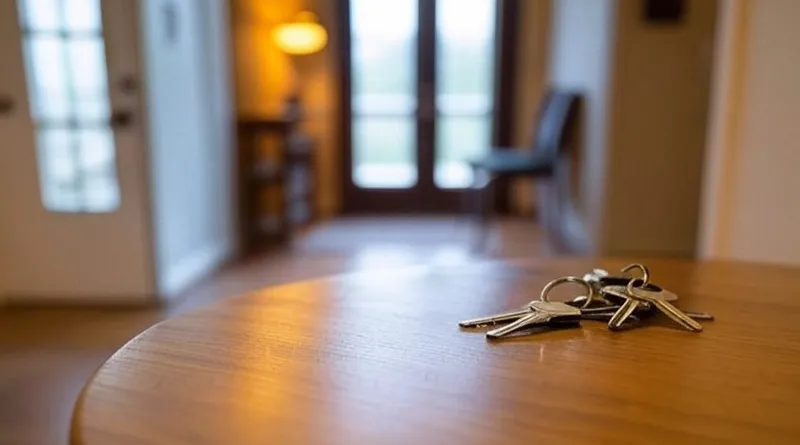
One of the most frequent questions in personal finances is: should you buy or rent your home?
There isn’t a simple answer, as it depends on multiple factors: your personal life, finances, and market conditions.
It’s emotional
First, you need to understand that buying a home is not as much a financial decision but an emotional one.
Many times, purchasing a home is obviously not an optimal investment, yet it’s still the thing you want the most. Owning your home gives you the peace of mind of not having your rent raised (or being forced to move when your landlord decides to sell). Also, it allows you to invest in renovations and improvements to increase your quality of life, which oftentimes you can’t do as a renter.
On the other hand, renting allows you to quickly move to a larger home or a different location, even another country, when your life requires it.
The 3 homes
Except for cases when you want to change city or country, most people will have 3 homes: first, you have your bachelor or young couple home; then, when you decide to have children, you move to your family home; and finally, when your kids grow up and become adults you move to your smaller retirement place (we’re referring to your own place).
These homes differ in size and location: when you’re young, you might favor the city center, so you’re in walking distance of work and entertainment; when you form your family, you will need a larger home and might prefer the quieter suburbs; finally, when you retire, you will want a smaller house and might prefer a warmer climate.
Some of these homes you’ll buy, some you’ll rent. Don’t become a victim of FOMO (fear of missing out) when making this decision.
The right price
In a previous article related to real estate investing, we’ve described the valuation rules typically used for homes: a fair price for a property is 80% of the rent earned for a 15-18 year period; some investors are even more stringent with the “1% rule,” where the purchase price should not exceed 100x the monthly rent. When you buy your own home, you’re likely to deviate from this rule since, as we mentioned, it is an emotional decision. Yet, you should try not to deviate too much, as that will hurt your finances when you decide to move.
If the market is overpriced, it might be a good decision to postpone purchasing your home and continue renting for a while. Should the market drop by 20% next year, paying an extra 1 year of rent would lead to an outstanding deal.
Debt
Unless you’re incredibly fortunate financially (in which case, well done to you), you’ll need to take on debt to buy your home.
A mistake usually made when purchasing a home with debt is to stretch the budget to the maximum amount the bank would loan (the largest monthly mortgage your household income allows). This is a high risk, as any decrease in revenue in the next 30 years can result in a quick drain on savings to cover the mortgage and potentially lead to losing the home. If the housing market is down compared to the time of purchase, which often coincides with the job market being down, the forced sale would also be made at a loss.
So, regardless of loan eligibility, consider carefully buying in an overpriced market, and don’t buy more than you need at the given time.
Conclusion
Buying a home is the most significant financial decision in your life. Although it is emotional, patiently consider it and don’t rush into it at the wrong time. Financial discipline on this decision can have a massive impact on your savings.